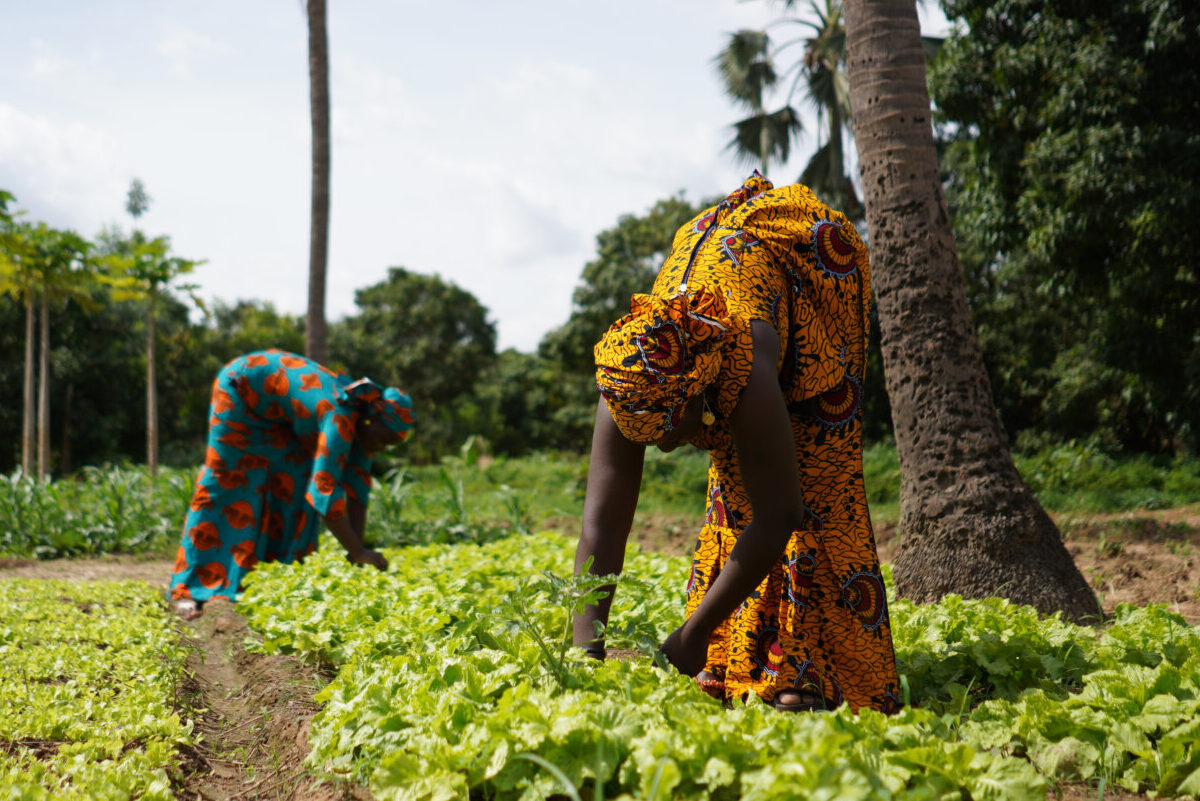Low-income countries face the dual challenge of mounting debt pressures and heightened vulnerability to climate change. Climate-related disasters force these nations to borrow at higher costs for recovery, worsening their debt situations and limiting their ability to invest in climate resilience. This “climate debt trap” exacerbates interconnected risks like food insecurity, displacement, and regional conflicts, which spill over internationally.
The G7 could leverage its influence on international financial institutions—including the IMF, World Bank, and Paris Club—to facilitate and streamline dialogue among key stakeholders. By complementing G20 efforts on debt treatments, the G7 can support low-income countries in building economies resilient to climate change.
Debt-for-climate-resilience swaps offer a promising solution by alleviating liquidity pressures while fostering investments in climate adaptation. International financial institutions should:
- Develop clear eligibility criteria
- Identify adaptation-related projects for investment
- Standardize climate performance targets and penalties
- Establish a framework to secure financial guarantees would be essential for ensuring the effectiveness of such swaps
This policy brief from E3G in collaboration with the Finance for Development Lab was first published on the T7 Canada website. The T7 is the official engagement group of the Group of Seven (G7). T7 brings together leading think tanks and research centres worldwide to provide evidence-based advice and policy recommendations to the G7 Presidency. The Centre for International Governance Innovation (CIGI) is organizing the T7 process during Canada’s Presidency of the G7 in 2025.
Authors collaborating on this report are Claire Peraldi Decitre (lead author), Sima Kammourieh, Saundharaya Khanna, Amaan Habibulla, and Salvatore Serravalle.


